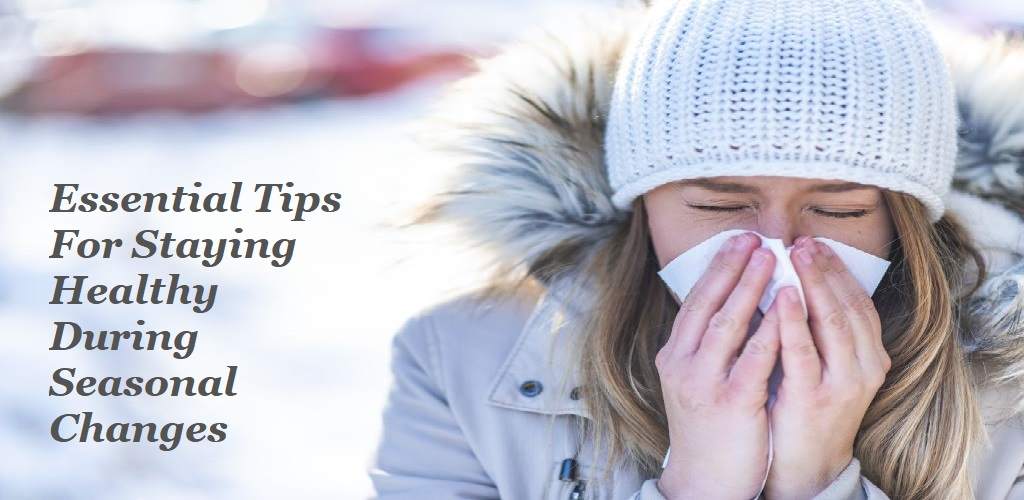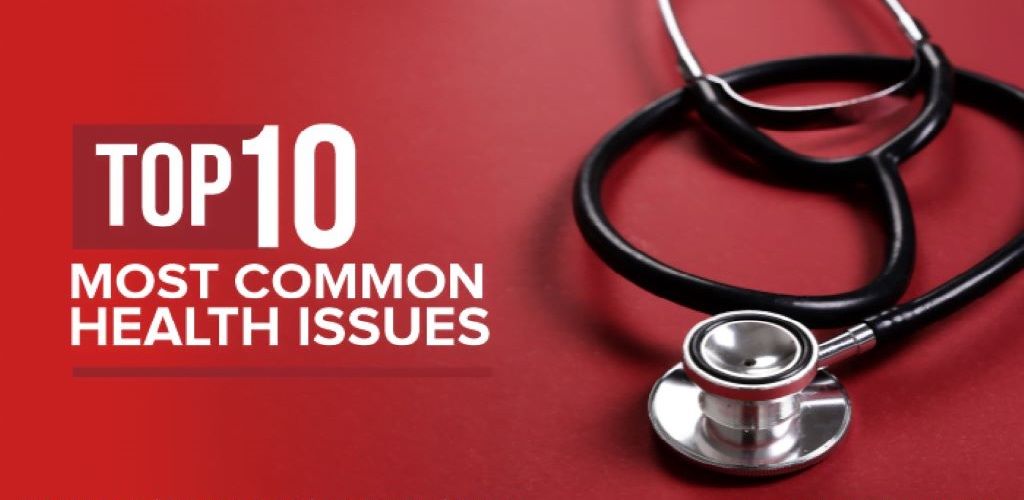Weather change can mess with our health in a significant manner. From dehydration in hot weather to frost bites in winter, it can cause multiple problems in our bodies.
Due to this, it’s super important to change our habits and stay healthy when the weather flips around. That’s what this post is all about, giving you simple tips to stay healthy no matter what ‘mother nature’ throws our way! We will also discuss the impact of weather on our health and how health insurance coverage can help you in such cases!
How Does Weather Change Impact Our Health?
Here are some examples of how weather change can affect our health:
- First, when the temperature goes up and down, our bodies can find it confusing to adjust. This can make us feel tired, or we can even get sick.
- Second, when seasons change, so do the things floating around in the air, like pollen! They can make your nose stuffy and eyes itchy.
- Third, when the weather switches between hot and cold, it’s like a playground for germs. This means we’re more likely to catch colds or the flu.
- Lastly, it can mess with our mood when it’s dark and gloomy outside for a long time. Some people feel really sad during these times, and it’s called Seasonal Affective Disorder (SAD). It’s like our brains get grumpy because they miss the sunshine.
What Are The Key Strategies For Maintaining Health During Weather Change?
Staying healthy when the weather keeps changing might seem tricky. Here are some simple tips and tricks that can help you feel your best no matter what the weather is:
- Dietary Adjustments
First up, let’s talk about food.
Eating a balanced diet with many nutritious fruits and veggies gives your body the vitamins and minerals needed to stay strong. And don’t forget to drink plenty of water, especially when the weather gets crazy hot!
- Regular Exercise Routine
Next, it’s important to do some physical activity! Whether you like to exercise indoors or outdoors, staying active is super important for keeping your body healthy.
Try to find ways to keep exercising, even if the weather isn’t so cooperating. And don’t be afraid to switch up your workout routine to fit the weather!
- Proper Clothing & Protection
Dressing in layers is key to warmth and dryness in transitional seasons, especially during winters and wet weather. And don’t forget to slather on some sunscreen when it’s sunny outside! Protecting your skin is important no matter what the weather is.
- Managing Seasonal Allergies
If you struggle with allergies or breathing issues when the seasons change, don’t worry, you’re not alone! Pay attention to what triggers your symptoms and try to avoid them when possible. And if things get really bad, don’t hesitate to talk to a doctor for help.
- Boosting Immunity During Weather Transitions
Boosting your immune system is another great way to stay healthy during weather changes. Eating foods that help your body fight off germs and getting your flu shot can make a big difference in keeping you feeling good.
- Enhancing Mental Health During Seasonal Changes
Lastly, mental health is as important as physical health. It’s totally normal to feel a little down when the weather gets gloomy and dark. But don’t be afraid to reach out for help if you need it.
Spending time with friends and family, getting outside for some fresh air, and finding things that make you happy can all help boost your mood.
What Does Health Insurance Cover Under Seasonal Health Issues?
The following expenses are usually covered by health insurance for seasonal health issues:
- Doctor Visits: If you’re feeling unwell due to seasonal illnesses like allergies or the flu, health insurance can help pay for doctor visits.
- Tests: If the doctor needs to perform tests to determine what’s wrong, such as a blood test or an X-ray, health insurance could help cover the costs.
- Medications: Sometimes, the doctor prescribes medicine to help you feel better. Health insurance might help pay for these medicines, like allergy pills or flu medicine.
- Treatments: If you need treatment to help you feel better, like getting a shot or a breathing treatment, health insurance might help pay for it.
- Hospital Stays: If you get really sick and need to stay in the hospital, health insurance can help cover the costs, such as the room and the treatments you receive.
- Emergency Care: If something really bad happens and you need to go to the emergency room, health insurance might help pay for that, too.
- Surgery: If you need surgery to fix a problem, health insurance could help cover the costs of the operation and the care you get afterward.
- Therapies: Sometimes, seasonal issues can make us feel sad or anxious. Health insurance might help pay for therapy or counseling to help us feel better.
- Preventive Care: Health insurance can also help pay for things to keep us from getting sick in the first place, like vaccines or check-ups.
- Advice: If you’re not sure what to do or where to go, you can call your health insurance company for help and advice. They can tell you what’s covered and help you find a doctor if you need one.
Remember, every health insurance plan is different, so it’s important to check with your insurance provider to see exactly what’s covered under your plan.
FAQs
Health insurance can help cover visits to specialists (such as allergists or pulmonologists) if your regular doctor refers you to one.
It depends on your plan. Some health insurance plans do cover certain over-the-counter medicines if they’re prescribed by your doctor.
Sorry, but health insurance usually only covers humans. But you can ask your vet about pet insurance options!
Some health insurance plans may cover preventive measures like sunscreen to help protect your skin from sun damage during sunny seasons.
Yes, health insurance can also cover allergy testing ordered by your doctor to help diagnose and manage your seasonal allergy symptoms.








